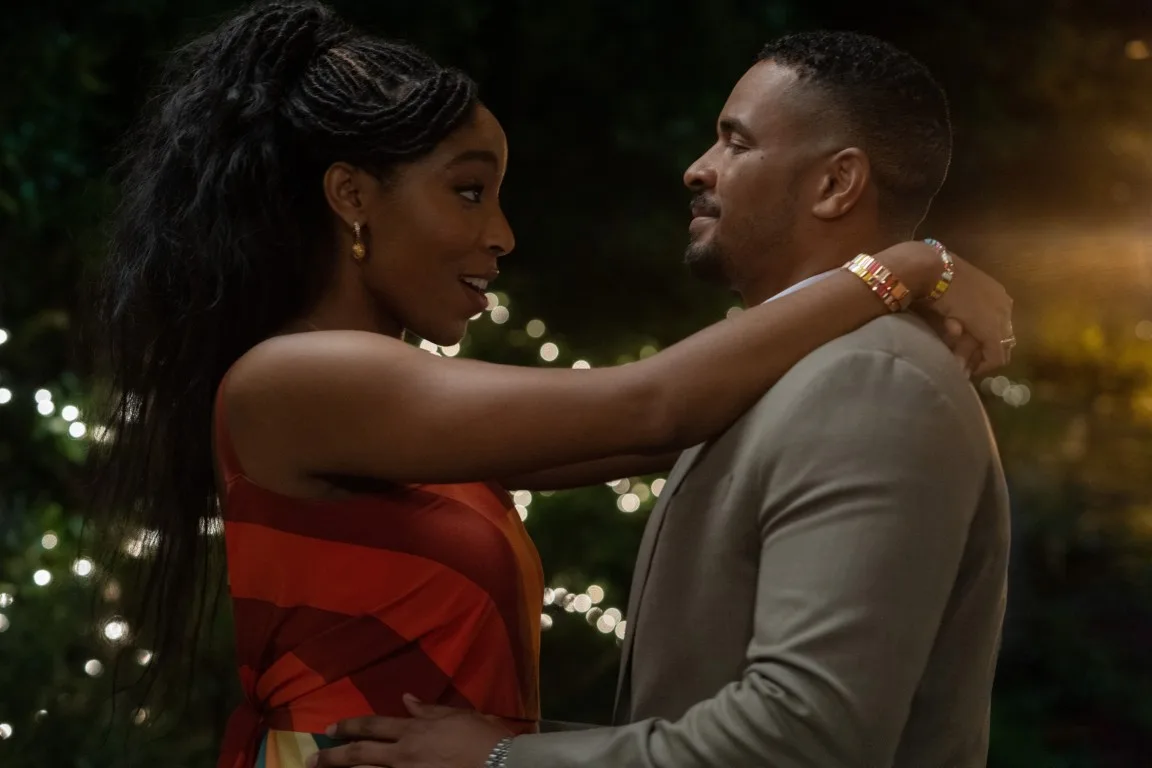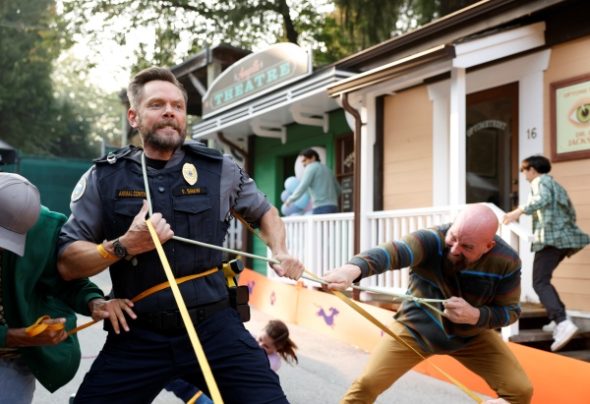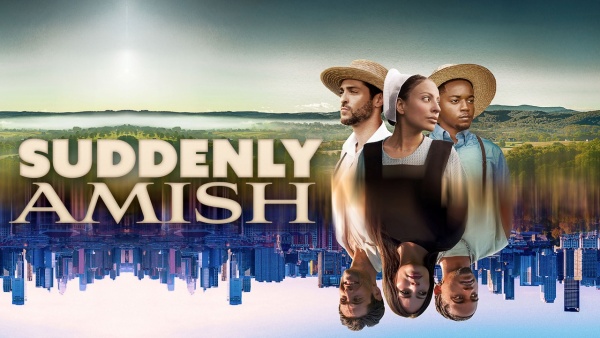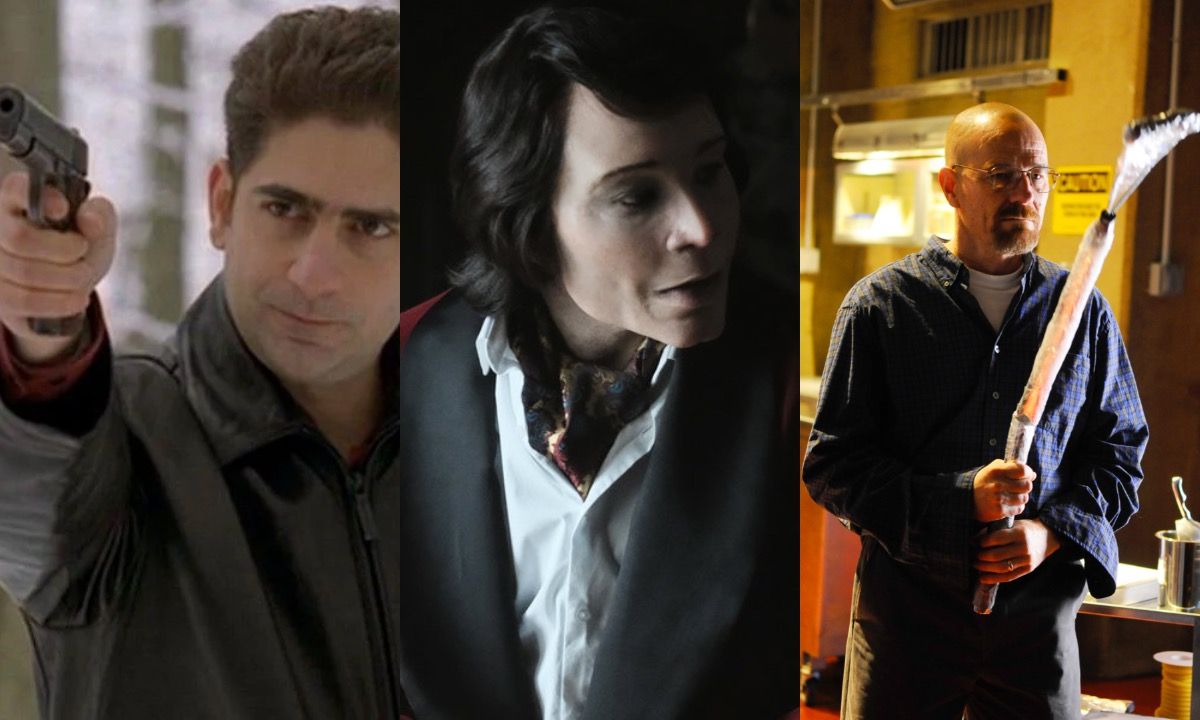[ad_1]

Not surprisingly, a number of films focused on various elements of popular culture. On the musical end of things, Ethan Silverman’s “Angelheaded Hipster: The Songs of Marc Bolan & T. Rex” offered up a standard but entertaining look at the life and legacy of the glam rock legend via archival clips, talking head interviews with contemporaries of the late singer, and in-studio footage of artists ranging from U2 to Nick Cave to Maria McKee as they record a number of his songs for a 2020 tribute album of the same name. Ben Chace’s “Music Pictures: New Orleans” is the latest of a recent string of films focusing on the history of the city’s musical legacy and its attempts to return to its former glory in the face of both Hurricane Katrina and COVID, this time focusing on local legends Irma Thomas, Benny Jones Sr., Little Freddie King and the Marsalis family through performance footage. Although not necessarily about music per se, “The Lost Weekend: A Love Story” does prominently feature an iconic musician John Lennon, by recounting the story of his 18-month-long romantic relationship with assistant May Pang (supposedly at the insistence of Yoko Ono), a much-discussed, if little-understood episode in his life that is, for once, told from the perspective of Pang herself. Although Pang does make for an engaging guide, the story never quite adds up to the grand romance it positions itself to be, though Beatlemaniacs will no doubt find it intriguing.
Professional sports were represented by such films as “Unfinished Business,” Alison Klayman’s often-fascinating look at the legacy of the WNBA by studying both its past and its present, the latter via a look at the 2021 season of the New York Liberty; “McEnroe,” Barney Douglas’ surprisingly listless film featuring tennis legend John McEnroe offering up his side to the story of his often-controversial career; and “Kaepernick & America,” a stirring portrait from Ross Hockrow and Tommy Walker about quarterback Colin Kaepernick and how his public decision to take a knee during the National Anthem as a way of protesting police brutality short-circuited his career but made him an icon of the contemporary social justice movement. Outside of the sports arena, children of the Eighties could enjoy the likes of “All Man: The International Male Story,” “Billion Dollar Babies: The True Story of the Cabbage Patch Kids,” and “Butterfly in the Sky,” straightforward nostalgia bath treatments of their respective subjects: the “International Male” catalogue, the groundbreaking Cabbage Patch Kids toy fad and the PBS series “Reading Rainbow.”
On the literary side of things, Lizzie Gottlieb’s “Turn Every Page” examines the long working relationship between legendary author Robert Caro and the equally esteemed editor Robert Gottlieb (the filmmaker’s father) from their first collaboration, the groundbreaking work The Power Broker to their most celebrated work, a multi-volume biography on the life of Lyndon Johnson whose final volume is still being worked on. The film is a fascinating look at two literary giants, and is an absolute must for anyone remotely interested in the writing process, though some viewers may find themselves wishing that the two would stop talking to the cameras and get back to work.
[ad_2]
Original Source Link








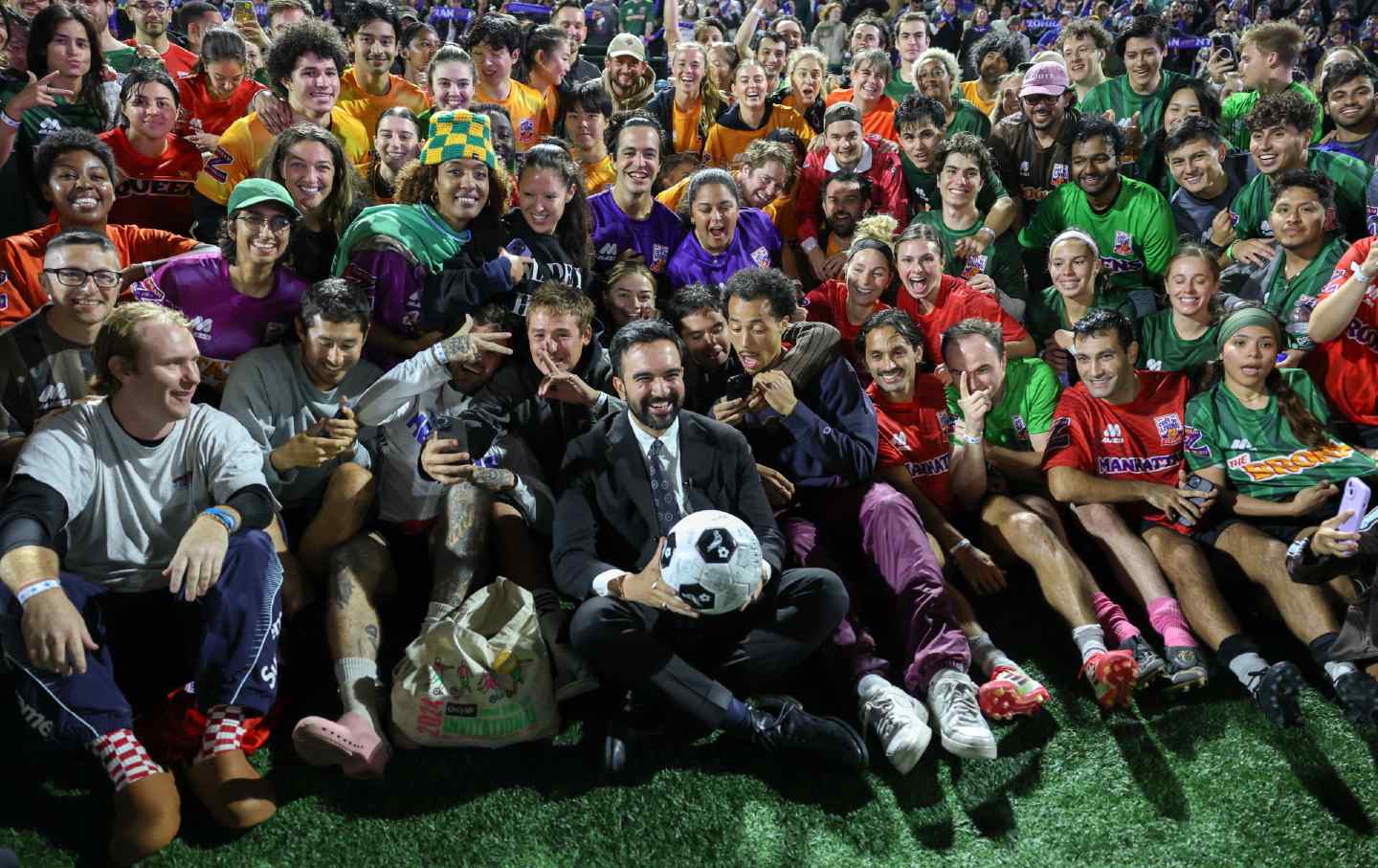



















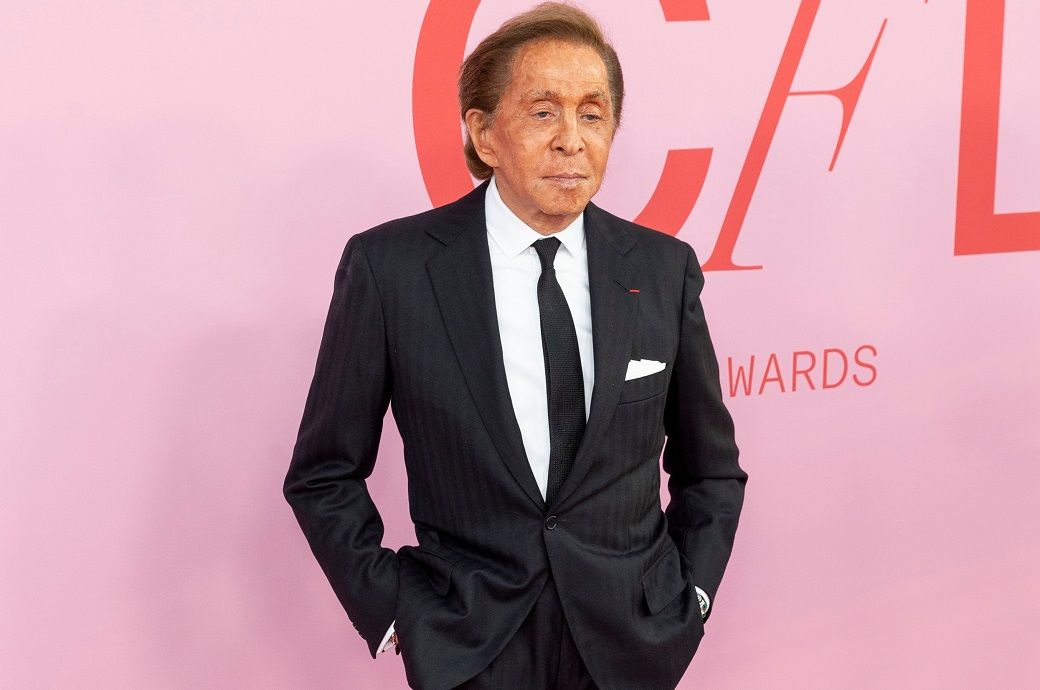
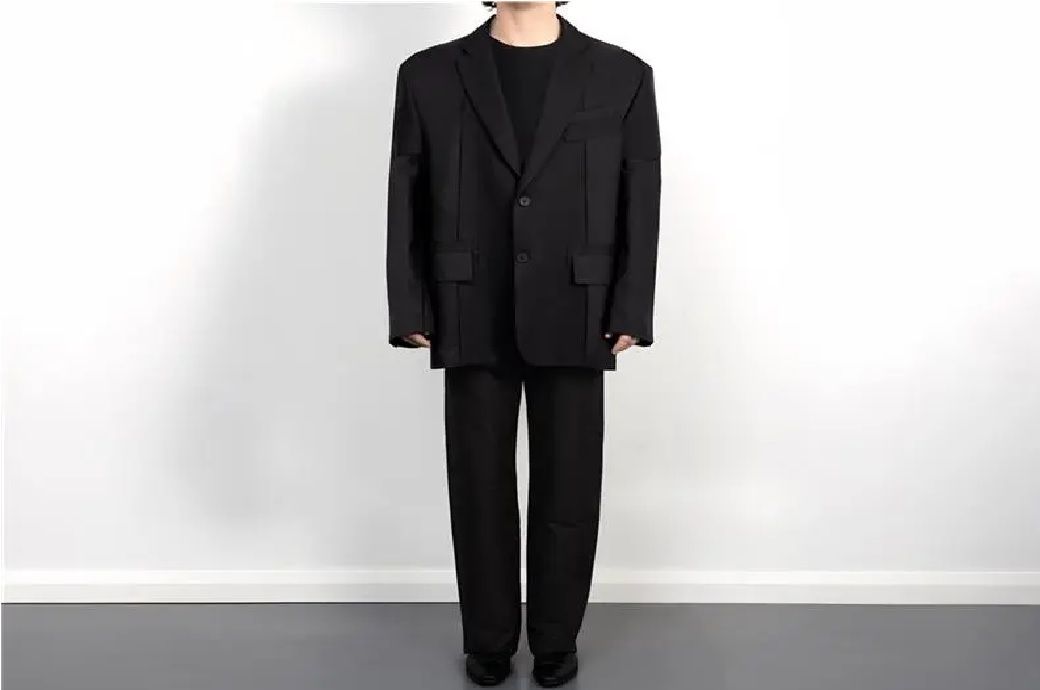







![Chloe Cherry’s Gory New Slasher Revives ’80s Horror in New ‘Blood Barn’ Trailer [Exclusive] Chloe Cherry’s Gory New Slasher Revives ’80s Horror in New ‘Blood Barn’ Trailer [Exclusive]](https://static0.colliderimages.com/wordpress/wp-content/uploads/2026/01/blood-barn-1.jpg?w=1200&h=675&fit=crop)
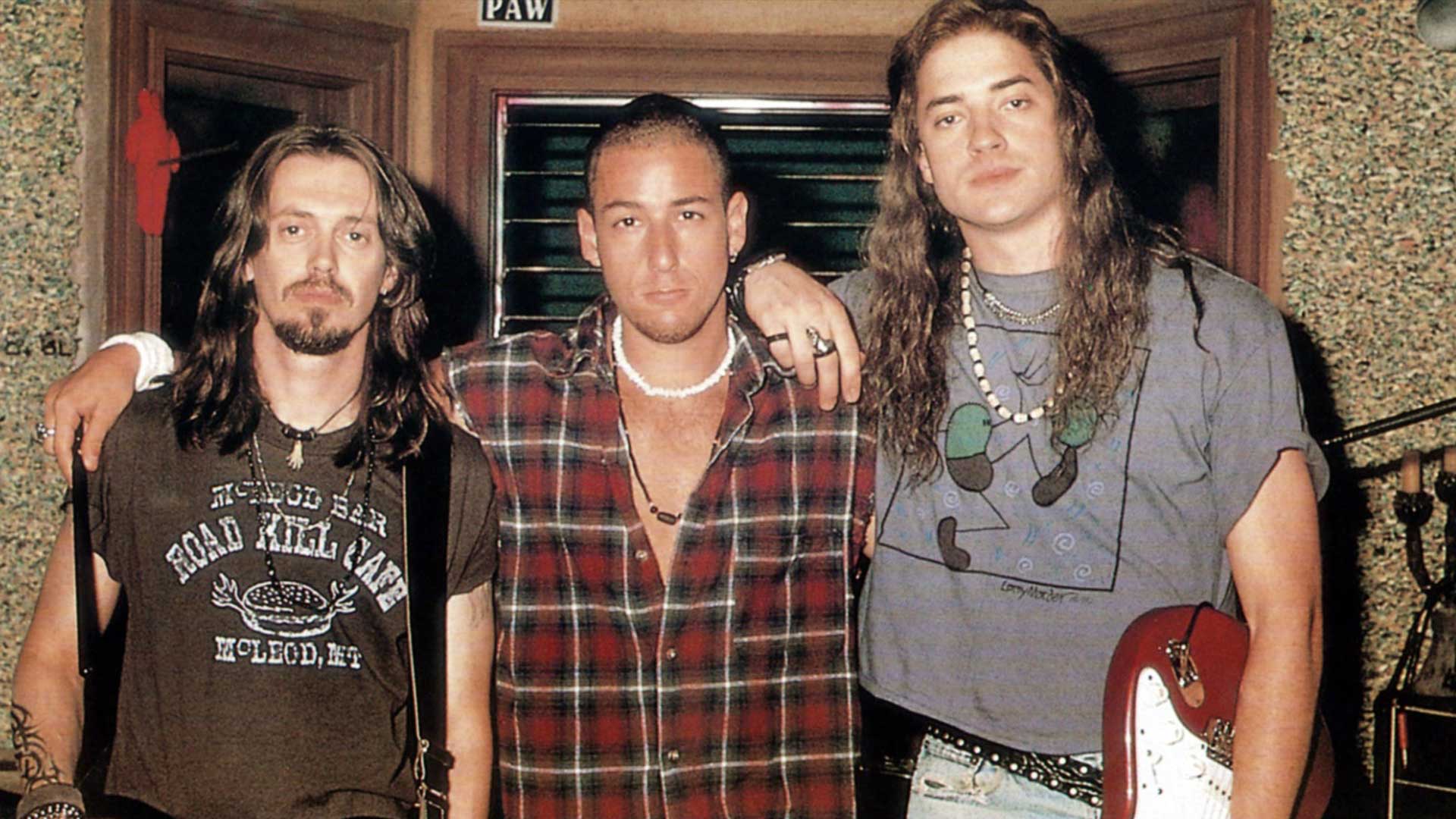

![‘Stranger Things’ Star Reveals “There Wasn’t a Lot of Oversight” When Filming This Iconic Sci-Fi Crime Drama [Exclusive] ‘Stranger Things’ Star Reveals “There Wasn’t a Lot of Oversight” When Filming This Iconic Sci-Fi Crime Drama [Exclusive]](https://static0.colliderimages.com/wordpress/wp-content/uploads/sharedimages/2026/01/0392347_poster_w780.jpg?q=70&fit=contain&w=480&dpr=1)
